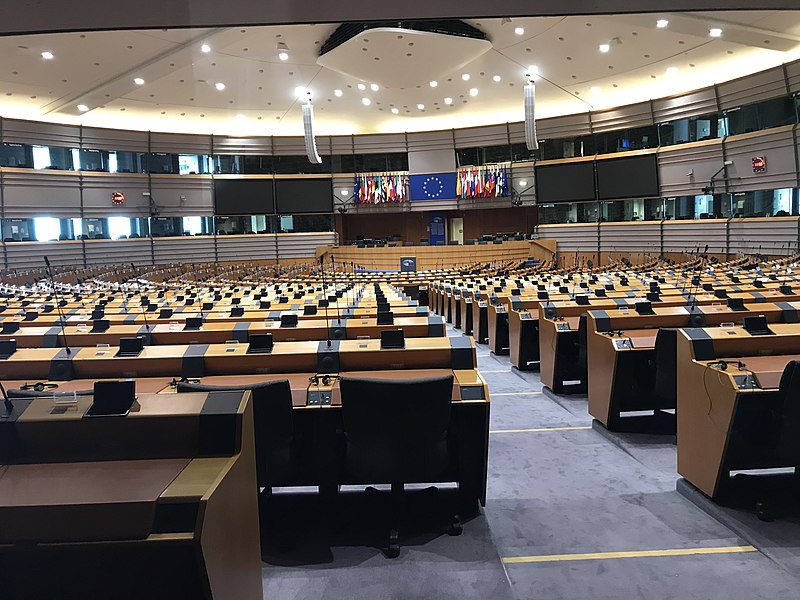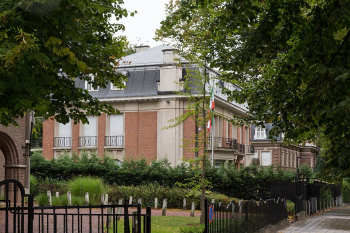
The European Parliament has adopted its position on new rules designed to make lobbying on behalf of third countries more transparent across the EU, voting 392 in favor,
88 against, with 133 abstentions. The move aims to enhance democratic accountability while safeguarding legitimate civic engagement.
The legislation targets interest-representation activities that seek to influence EU policymaking, legislation, or decisions in exchange for payment or other benefits. This includes participating in meetings and conferences, submitting contributions to consultations or hearings, running communications campaigns (including through social media influencers), preparing policy papers, proposing draft amendments, and conducting surveys. Activities such as official government or diplomatic functions, media services, legal advice, and academic research are excluded. Funding from third-country grants unrelated to lobbying would also fall outside the rules, ensuring civil society organisations are not penalised.
Democratic oversight
The directive would require independent national authorities to maintain mandatory registers of lobbyists, connected through a centralised EU portal. Registered entities would receive a unique European interest representation number (EIRN) valid across the bloc. MEPs emphasise that the data must be presented neutrally, and mere registration should not create suspicion or distrust.
Protecting legitimate engagement
Unlike certain “foreign agent” laws elsewhere, the directive explicitly prevents entities—including civil society organisations—from being labelled or penalised. It will not restrict civic engagement or require disclosure of third-country funding unrelated to lobbying activities.
Rapporteur Adina Vălean (EPP, Romania) said: “Transparency is not an ideological issue, it is a basic condition for democratic trust. Under this directive, anyone seeking to influence decisions in EU countries on behalf of a foreign government will have to register and be visible. It establishes clear, uniform rules across Europe, without labelling or burdening legitimate organisations.”
Next steps
The Parliament is now poised to begin negotiations with EU member states, following the Council’s adoption of its mandate.
Background
Currently, lobbying regulations differ widely across member states. Only 16 countries have taken steps to regulate general interest-representation activities, creating market obstacles and uneven competition. Draft rules presented by the European Commission in 2023 highlighted public concern, with a survey showing that 81% of Europeans viewed foreign interference in democratic systems as a serious issue needing urgent attention.
The new framework seeks to address fragmentation, build public trust, and strengthen safeguards against foreign interference, while recognising that third-country input can positively contribute to EU policymaking.
















